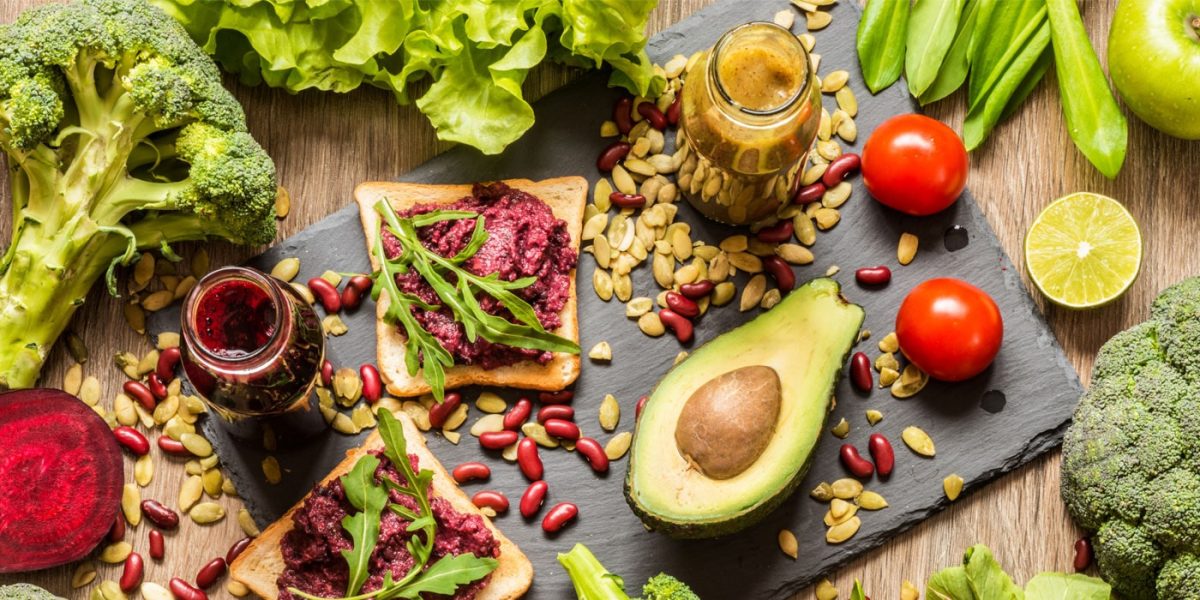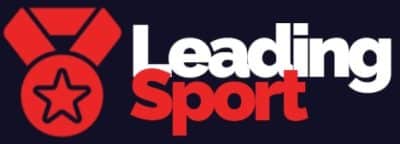Deploy Folding Table of contents
Veganism and exercise are two popular practices that many people follow for a variety of reasons, including health, environmental and ethical issues. But is it really possible to combine the two successfully? The answer is yes, and here’s how.
Uncovering the Secrets to Being a Healthy Vegan
While veganism is based on the philosophy of avoiding all animal products and byproducts, it is possible to obtain all the essential vitamins and minerals a person needs through plant-based foods. Going vegan requires some changes in diet and lifestyle, such as eating a variety of foods, including fruits, vegetables, grains, seeds, and nuts, to ensure you are getting the nutrients your body needs. A healthy vegan diet should include all of the vitamins and minerals that other diets do, although that might require more careful planning. It’s also important to pay attention to nutrition labels and make sure you are getting enough calories, protein, and fats.
How to Balance Exercise and a Plant-Based Diet
When it comes to exercise, vegan athletes may need to make some adjustments to their diet as well. Plant-based proteins are essential to build and maintain muscle and other body tissues, so make sure you’re including enough of those foods to meet your needs. Protein powders, nuts, and legumes are all great sources of vegan-friendly protein. Eating enough calories is also important to fuel your workouts, so consider adding more calories to your diet if you’re having trouble with energy. Finally, don’t forget to stay hydrated with plenty of water.
The Myths Behind Following a Vegan Lifestyle
Despite the many benefits of veganism, there are still some myths and misconceptions surrounding the lifestyle. Some people believe that vegans can’t get enough protein, vitamins, and minerals without consuming animal products, but that’s not true. As long as you’re eating a balanced, varied diet and taking supplements as needed, you can get everything your body needs without meat, dairy, or eggs.
Dispelling Common Misconceptions of Vegan Diets
Another myth is that vegan diets are more expensive than non-vegan diets. While vegan meals may cost more than some traditional diets, they don’t have to be expensive. Many vegan-friendly staples, such as beans, rice, and oats, are relatively inexpensive and can be used to make many delicious and nutritious meals. It’s also possible to save money on vegan food by buying in bulk, buying frozen or canned foods, or growing your own vegetables.
Proven Strategies for Exercise and Veganism
For athletes, it is possible to combine veganism and exercise in a healthy, balanced way. Eating a variety of plant-based proteins, including legumes, nuts, seeds, and whole grains, can help you get the nutrients you need. It’s also important to stay hydrated and get enough calories to fuel your workouts. With some careful planning and creativity, vegan athletes can get all the nutrition they need for a healthy, active lifestyle.
Busting the myths about veganism and exercise is possible with the right knowledge and strategies. Eating a balanced diet of plant-based proteins and other vegan-friendly foods can provide all the essential vitamins and minerals you need, and you can fuel your workouts with the right combination of calories, hydration, and protein. By taking the time to plan your meals and make sure you’re getting the nutrients your body needs, you can enjoy the benefits of veganism and exercise.
Sources
- Nutrition for Vegetarians and Vegans : Harold T. Rapoza, Jr.
- The Complete Guide to Vegan Food Substitutions : Celine Steen and Joni Marie Newman
- Vegan Fitness : Armaan Ali and Ryan Colby



